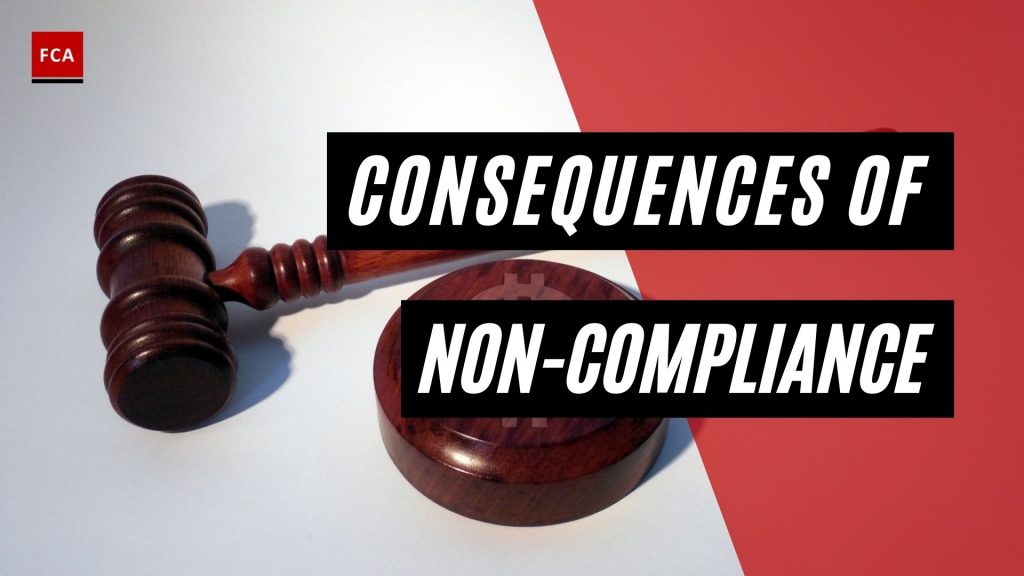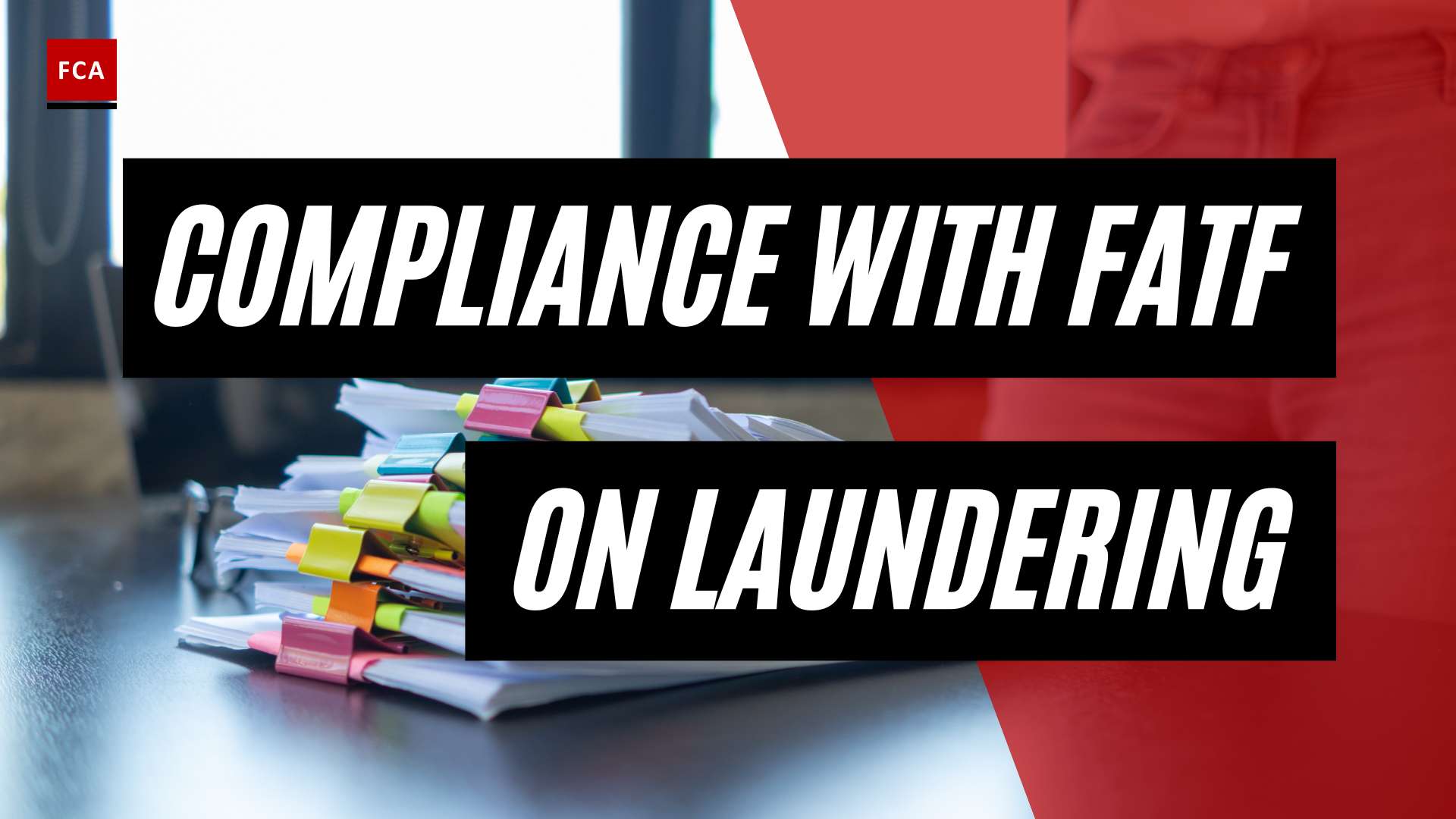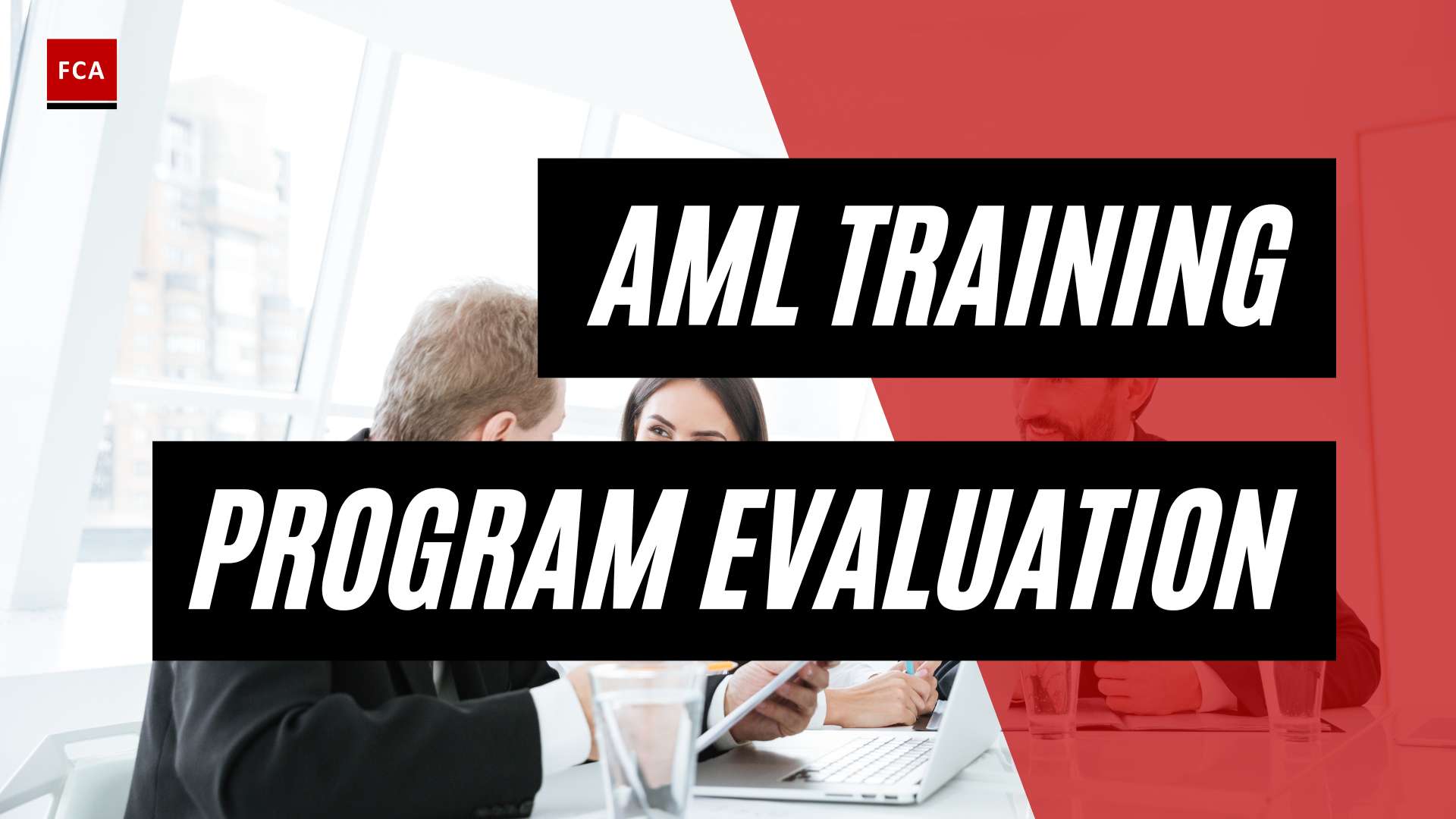In today’s highly regulated business environment, understanding the consequences of non-compliance is more crucial than ever. A single misstep can lead to far-reaching repercussions, impacting not only a company’s bottom line but also its reputation and future growth prospects.
How can businesses navigate the complexities of compliance and avoid the pitfalls of non-compliance? By staying informed and implementing robust compliance programs, organizations can mitigate risks and maintain a competitive edge in the market.
In this blog post, we will delve into the high stakes of non-compliance, explore key areas of regulatory compliance, and discuss strategies for effective compliance management. We will also examine real-world examples of non-compliance consequences and the role of technology in aiding compliance efforts.
Key Takeaways
Non-compliance with regulations can lead to financial penalties, legal repercussions and reputational damage.
Effective compliance management requires developing policies, training employees and monitoring/auditing processes.
Organizations must prioritize compliance efforts in order to avoid significant consequences such as fines or loss of public trust.
The High Stakes of Non-Compliance

Businesses may face numerous negative consequences due to non-compliance with regulations. The potential risks stemming from non-compliance are far-reaching and can severely impact a company’s credibility, performance, and overall growth.
Hence, businesses need to focus on compliance efforts and keep themselves well-informed about the laws and regulations that govern their operations.
Given the ever-changing regulatory environment, businesses should put in place robust compliance programs and continuously adhere to relevant regulations and standards to evade financial penalties, legal consequences, and damage to their reputation.
With the aid of compliance software, organizations can better manage and monitor their compliance efforts, mitigating risks and ensuring they remain in the good graces of regulatory bodies.
Financial Penalties
Financial penalties for non-compliance can be substantial, often severely affecting a business’s bottom line and financial stability.
Non-compliance was seriously taken into consideration in 2019. The average fine imposed for it was an unbelievable 145.33 million US dollars. Penalties can vary depending on the severity of the violation and the industry, with some fines reaching as high as 1 million dollars or more.
For many organizations, the prospect of such consequences is a significant challenge, and compliance teams play a crucial role in helping businesses navigate this complex landscape.
Maintaining compliance with regulations allows businesses to evade financial penalties and concentrate on delivering outstanding products and services to their customers.
Legal Repercussions
Legal repercussions of non-compliance can be severe, ranging from litigation and fines to imprisonment, depending on the gravity of the violation. Regulatory authorities have the authority to investigate, levy penalties, and even revoke licenses or permits, depending on the magnitude of the non-compliance.
In industries such as healthcare, non-compliance can also directly impact patient safety.
In addition to these, the legal consequences of non-compliance can extend beyond immediate fines and penalties. Legal proceedings can consume significant amounts of time and resources, diverting them away from core business operations.
Furthermore, the mere fact of being under investigation can damage a company’s reputation, even if the company is eventually found to be compliant. This is particularly true in highly regulated industries, where trust and credibility are paramount.
It’s also worth noting that the legal landscape is continually evolving, with new regulations being introduced and existing ones being updated or reinterpreted. This means that businesses must be proactive in keeping up with the latest regulatory changes to avoid falling afoul of the law.
Failing to adhere to contractual obligations can lead to legal liabilities for businesses, while non-compliance with privacy and data protection regulations can result in civil liabilities and even criminal liability.
Legal liability risks, such as non-compliance, can lead to dire consequences, including legal fees. This includes third-party claims, such as lawsuits filed by customers, employees, or business partners for compensation due to non-compliance-related issues.
Reputational Damage
Reputational damage due to non-compliance is another critical concern for businesses. When a company fails to adhere to regulations, it risks:
Losing the trust of its customers, investors, and other stakeholders
A decline in sales
A drop in stock prices
A tarnished brand image
Examples of companies that have suffered reputational damage due to non-compliance issues include:
Danske Bank
1MDB
Odebrecht
Petrobras
Siemens
To avoid such consequences and maintain a positive public image, businesses must prioritize compliance efforts and adhere to established regulations and industry standards. This includes staying updated about the latest changes in laws, implementing robust compliance programs, and regularly monitoring their operations to ensure full adherence to the rules.
It’s not just about avoiding penalties, but about fostering a culture of integrity and responsibility within the organization.
By doing so, businesses not only protect themselves from potential risks but also enhance their credibility and trustworthiness in the eyes of their stakeholders.
Key Areas of Regulatory Compliance

While the specific regulations and compliance requirements vary depending on the industry and location, there are three primary areas of regulatory compliance that businesses must address: data privacy and security, employment and labor laws, and industry-specific regulations.
Centering on these key areas of regulatory compliance not only enables organizations to adhere to necessary rules but also to shield themselves from potential non-compliance consequences.
By doing so, businesses can effectively navigate the complex regulatory landscape, ensuring they meet the required legal and ethical standards.
This focus on core areas of compliance also allows organizations to build strong, robust compliance programs that are tailored to their industry and operational needs.
In turn, this helps to foster a culture of accountability and responsibility within the organization, strengthening its overall compliance posture and enhancing its reputation in the market.
Data Privacy and Security
Data privacy and security compliance are crucial for businesses in the digital age.
With the increasing prevalence of data breaches and security breaches, companies must adhere to relevant regulations such as the General Data Protection Regulation (GDPR) and the California Consumer Privacy Act (CCPA) to protect customer and employee information.
Failure to adhere to data privacy and security regulations can result in financial penalties, legal repercussions, and damage to a company’s reputation. Prioritizing data privacy and security allows businesses to minimize risks, retain customer trust, and ensure they meet the required legal and ethical standards.
Employment and Labor Laws
Employment and labor law compliance is essential for businesses to maintain legal compliance, avoid potential legal liabilities, and ensure a positive working environment. Adhering to:
fair employment practices
minimum wage regulations
anti-discrimination laws
ensuring a safe working environment
Understanding the regulations, implementing the necessary policies, and monitoring adherence are all crucial aspects of achieving compliance in this area.
This involves a thorough understanding of the laws and regulations that apply to the business, creating clear and comprehensive policies that reflect these laws, and ensuring that these policies are effectively communicated to all employees.
Regular monitoring is also key, as it helps to identify any potential areas of non-compliance early on, allowing for timely corrective action. This proactive approach to compliance can greatly reduce the risk of non-compliance and its associated consequences.
Failure to comply with employment and labor laws can result in penalties, litigation, and even criminal charges in some cases.
Prioritizing compliance in this area can help businesses cultivate a supportive and inclusive workplace culture, leading to enhanced employee morale, productivity, and overall company success.
Industry-Specific Regulations

Industry-specific regulations are tailored to the unique needs and requirements of particular sectors, such as banking, healthcare, or manufacturing.
These regulations are designed to ensure that businesses operating within a specific industry are abiding by the rules and norms necessary for the protection and welfare of their customers and employees.
Compliance with industry-specific regulations is crucial for businesses to maintain their industry standing, protect their reputation, and ensure the safety and well-being of their customers and employees.
Staying apprised of the regulations and standards relevant to their industry allows businesses to reduce risks and retain a strong competitive edge in the market. This includes not only understanding the legal requirements but also the best practices within the industry.
It’s about being aware of the trends and changes in the industry and adapting to these changes swiftly and effectively.
This proactive approach to compliance can help businesses anticipate potential issues, develop solutions, and implement changes before a problem arises. Furthermore, it can also open opportunities for innovation and improvement, allowing businesses to stay ahead of their competition and deliver superior value to their customers.
Strategies for Effective Compliance Management
Managing compliance effectively is critical for businesses to minimize risks, maintain a positive reputation, and ensure the success of their operations.
There are several key strategies for effective compliance management, including developing and implementing policies, providing employee training and education, and monitoring, auditing, and continuous improvement. Implementing these strategies allows businesses to avoid non-compliance consequences and cultivate a culture of responsibility and accountability within their organization.
The development and implementation of policies set the foundation for compliance in an organization. Policies provide clear guidelines on expectations and procedures, ensuring that employees are aware of their roles and responsibilities when it comes to compliance.
Training and education play a significant role in ensuring that these policies are understood and adhered to. Regular training sessions, workshops, and educational materials help employees stay informed about the latest compliance requirements and best practices.
Monitoring and auditing are crucial elements of a compliance management strategy. Regular audits help identify potential areas of non-compliance, allowing for timely corrective actions. Monitoring, on the other hand, ensures that the organization remains compliant over time. It involves tracking and reviewing compliance activities, identifying any deviations, and taking necessary actions to rectify them.
Continuous improvement is the final piece of the puzzle. It involves regularly evaluating the effectiveness of the compliance program and making necessary adjustments to improve its performance. This could involve updating policies, enhancing training programs, or improving monitoring and auditing processes.
In a nutshell, effective compliance management is a continuous process that requires ongoing efforts. By implementing these strategies, businesses can not only avoid the consequences of non-compliance but also foster a culture of responsibility and accountability, enhancing their reputation and success in the long run.
Embracing a proactive approach to compliance management can make a significant difference in a company’s ability to navigate the complex regulatory landscape. Organizations that prioritize compliance and invest in the necessary resources are better equipped to identify and address potential compliance issues before they escalate into costly and damaging consequences.
Developing and Implementing Policies
Developing and implementing policies is a crucial component of effective compliance management.
These policies establish a framework for compliance within an organization, setting clear expectations for employee behavior and providing guidance for navigating complex regulations.
A comprehensive compliance program should be tailored to a business’s specific needs and industry requirements, ensuring that all relevant regulations are addressed and appropriate policies are put in place.
Creating and executing these policies ensures that employees understand their compliance responsibilities and are equipped with the necessary tools and resources to follow established guidelines.
Employee Training and Education
Employee training and education are essential components of a successful compliance management strategy. By providing regular training sessions and educational resources, businesses can ensure that their staff members understand their compliance responsibilities and are equipped to adhere to established policies and procedures.
Effective training programs should be interactive and engaging, encouraging employees to actively participate and ask questions. They should also be tailored to the specific needs and roles of the employees, taking into account their level of responsibility and the nature of their tasks.
Training and education should encompass a wide range of topics, including data privacy and security, employment and labor laws, and industry-specific regulations.
Prioritizing employee training and education can help businesses reduce the chances of non-compliance and foster a culture of accountability and responsibility within their organization.
Monitoring, Auditing, and Continuous Improvement
Monitoring, auditing, and continuous improvement are essential aspects of an effective compliance management strategy. By regularly monitoring compliance activities and conducting audits, businesses can:
Identify areas of vulnerability
Assess the effectiveness of their compliance program
Make necessary adjustments to ensure ongoing compliance with relevant regulations.
Continuous improvement is a vital component of a successful compliance strategy, as it allows organizations to:
Adapt to changing regulations and industry standards
Regularly evaluate and refine their compliance program
Stay ahead of the curve and meet the constantly changing demands of the regulatory landscape
Real-World Examples of Non-Compliance Consequences

Real-world examples of non-compliance consequences serve as powerful reminders of the importance of adhering to regulations and the potential risks businesses face when they fail to do so.
For instance, Italian cakes containing 0.7% alcohol were impeded at the Canadian border due to the requirement of a permit for any product containing more than 0.5% alcohol.
Another example is a car company in Brazil that faced financial repercussions when they had to replace all the seatbelts in thousands of vehicles due to the alteration of safety regulations during the production period.
These examples highlight the critical need for businesses to prioritize compliance efforts and invest in the necessary resources to ensure they are adhering to all relevant regulations. Doing so enables companies to:
Evade hefty fines
Avoid legal consequences
Prevent damaged reputations
Retain a competitive edge in the market.
How Technology Can Aid Compliance Efforts

Technology has the potential to significantly enhance and streamline compliance efforts for businesses.
Through the use of compliance software, automation, and real-time monitoring tools, organizations can better manage and track their compliance activities, reducing the likelihood of non-compliance issues arising.
Automation can help streamline processes, reduce errors, and save time and resources, while real-time monitoring and data management can facilitate the tracking and analysis of compliance activities, identifying potential risks, and ensuring adherence to regulations.
Leveraging technology in compliance efforts enables businesses to navigate the complex regulatory landscape more effectively and sustain a strong competitive position in their respective industries.
Summary and Conclusion
In conclusion, prioritizing compliance is essential for businesses to mitigate risks, protect their reputation, and maintain a competitive edge in the market.
By focusing on key areas of regulatory compliance, such as data privacy and security, employment and labor laws, and industry-specific regulations, businesses can ensure they are abiding by the necessary rules and protecting themselves from the possible consequences of non-compliance.
Implementing effective compliance management strategies, such as developing and implementing policies, providing employee training and education, and monitoring, auditing, and continuous improvement, can greatly contribute to a business’s success and longevity.
Staying informed about regulatory requirements, investing in necessary resources, and fostering a culture of accountability and responsibility enable organizations to navigate compliance complexities and retain a strong competitive market edge.
Frequently Asked Questions
This section addresses some commonly asked questions about regulatory non compliance consequences and the importance of regulatory adherence.
Why is non-compliance important?
Question: Why is non-compliance important?
Answer: Non-compliance is important because it can lead to significant financial, legal, and reputational consequences for businesses. By understanding the risks associated with non-compliance and taking the necessary steps to ensure adherence to regulations, businesses can minimize these potential consequences and maintain a strong competitive position in the market.
What are the consequences of non-compliance with ethical requirements?
Question: What are the consequences of non-compliance with ethical requirements?
Answer: Ethical non-compliance consequences may include loss of public trust, damaged reputation, and potential legal liabilities. Adhering to established ethical guidelines and cultivating a culture of responsibility and integrity can help businesses mitigate these risks and uphold a positive public image.
What are the consequences of non-compliance with sanctions regulations?
The penalties for non-compliance with sanctions regulations can be severe. Organizations must ensure they understand and adhere to applicable measures to avoid any potential repercussions.
Answer: Non-compliance with sanctions regulations can result in fines, criminal proceedings, and damaged reputations, affecting businesses’ credibility and performance. To avoid these consequences, businesses must prioritize compliance efforts and ensure they are adhering to all relevant sanctions regulations.
What is the fine for non compliance?
Question: What is the fine for non-compliance?
Answer: Fines for non-compliance vary depending on the severity of the violation, the industry, and the specific regulation involved. Staying updated on regulatory requirements and investing in necessary resources for compliance, businesses can evade costly fines and retain a competitive market edge.








